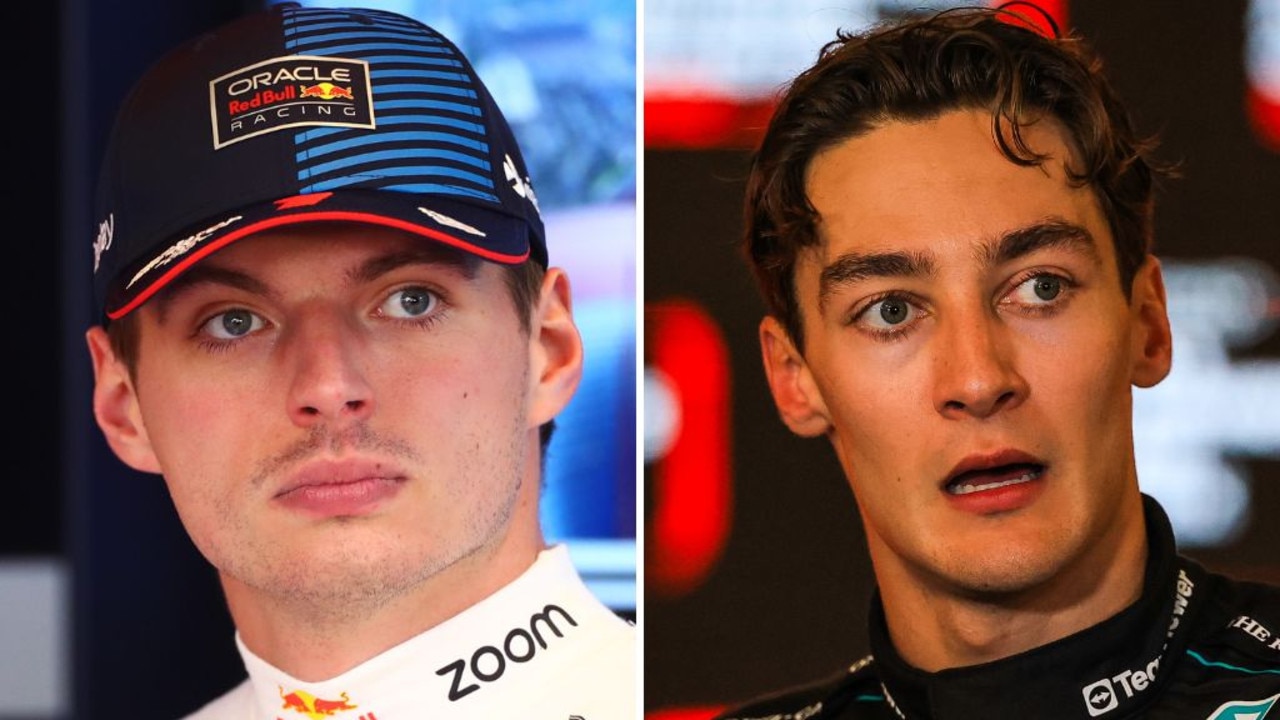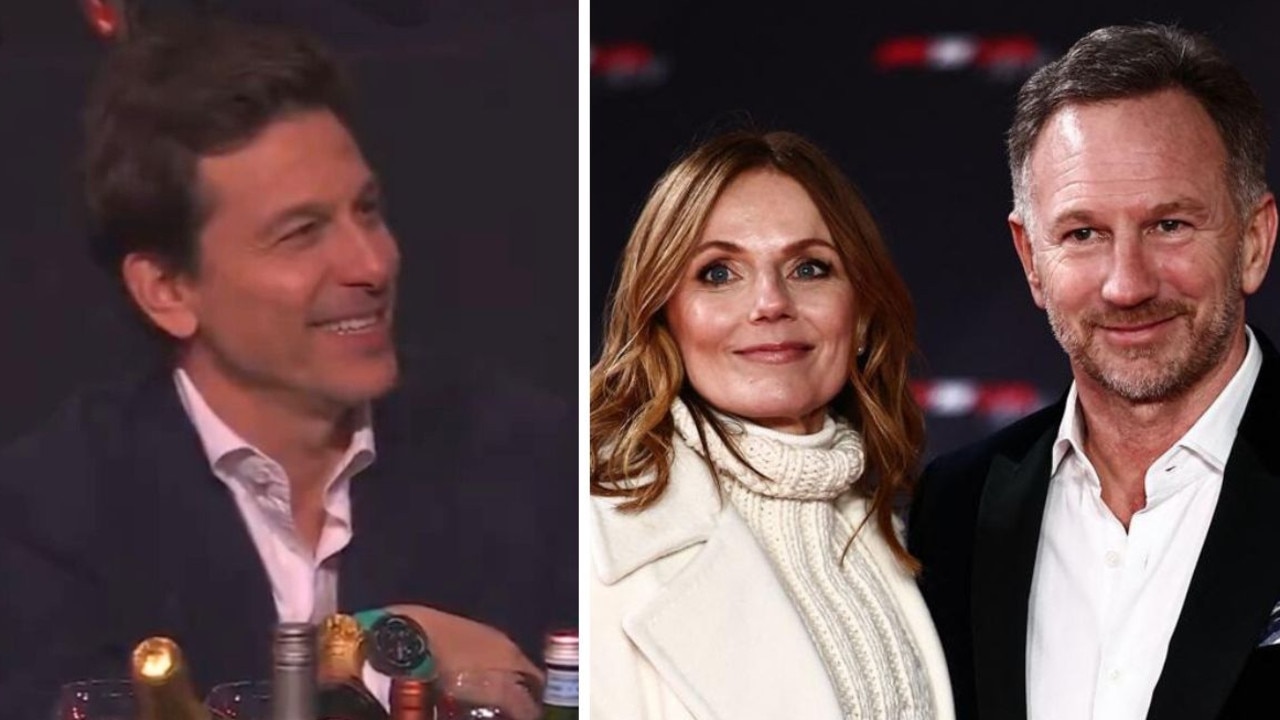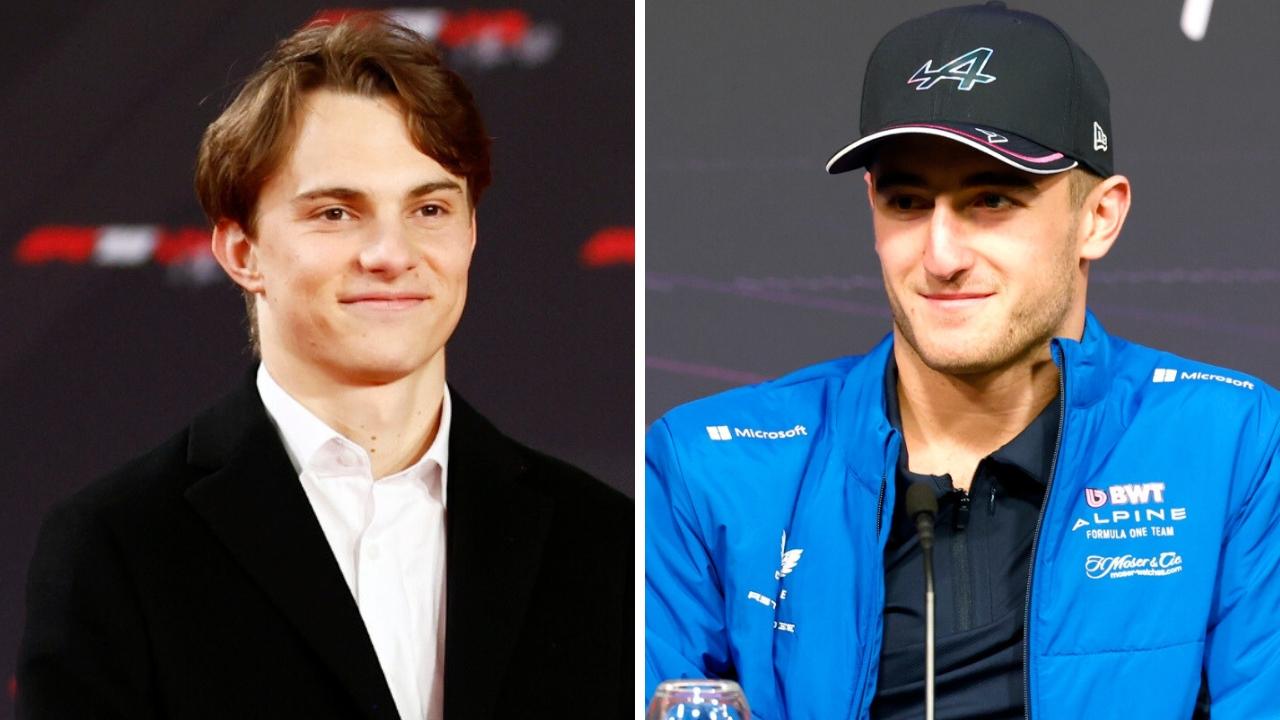Big talking points ahead of Russian Formula 1
FOR all the talk of 2016 being a transitional year at Red Bull, the RB12 is already displaying serious win potential.
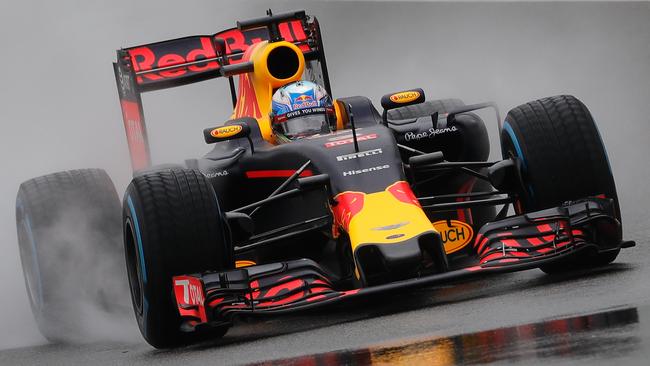
ARE RED BULL FINALLY BACK?
For all the talk of 2016 being a transitional year at Red Bull, the RB12 is already displaying “2014 potential” while Daniel Ricciardo is optimistic of race victories.
Suddenly, all messages coming out of the camp are positive and the four-time constructors’ champions look a genuine threat to the elite again.
Even Christian Horner was expecting to be battling junior team Toro Rosso during the first half of the season, but Red Bull are currently just four points behind Ferrari in the standings. Ricciardo has led the charge with three consecutive fourth places, though Daniil Kvyat proved in China that it is not just the driver impressing, but the car.
The Red Bull remains the quickest through tight corners but the performance of both cars in Shanghai showed an advantage under braking, if not an improvement in straight-line speed.
What’s more, the engine drama of 2015 is a distant memory and Renault seem to have been reinvigorated by their return to the grid as constructors, with a significant engine upgrade already prepared for June’s Canadian GP. Perhaps that is why Ricciardo is so confident of future success.
Before then, the team will at the very least hope to cement their status as the third-fastest car.
It may be hard to do that at this weekend’s Russian GP at a Sochi track that doesn’t hold particularly fond memories and shouldn’t suit their package. The inaugural race saw them finish seventh and eighth, while Kvyat ended up P5 at his home grand prix last year.
But, as Ricciardo puts it: “We’ve had some strong races so far this year on circuits we didn’t think suited us either so let’s see what happens.”
Another impressive outing and we might all be saying it: Red Bull are back.
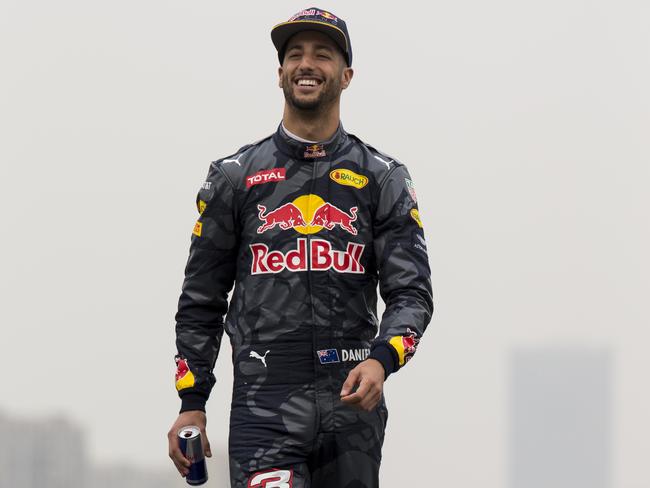
CAN ROSBERG CONTINUE HIS WINNING RUN?
Nico Rosberg heads to Sochi in search of his fourth straight victory of the season and his seventh consecutive win overall in a great run of form that dates back to the 2015 Mexican GP.
The Russian GP is still a relatively new addition to the calendar and Rosberg’s Mercedes team-mate Lewis Hamilton is the only man to stand atop the podium in Sochi after victories in 2014 and 2015.
However, despite how it appears on paper, this should not be regarded as a track at which Rosberg struggles. The German had the upper hand over Hamilton last year, out-qualifying him by three tenths of a second to take pole and he was leading the race until unreliability struck his Mercedes.
In 2014, Rosberg challenged Hamilton for the lead early in the race, but a flat spot on his tyres forced him to pit at the end of the opening lap. Nevertheless, the German came back through the pack to finish second, just 13 seconds down on Hamilton.
Thus, Rosberg should head to Sochi full of confidence that he can take a seventh consecutive win — moving him joint-second on the all-time list for consecutive victories — and extend his championship lead.
FALLEN GIANTS STILL SEARCH FOR A BREAKTHROUGH
Even if you’re not a fan of football, it will have been hard to ignore what, with a little poetic licence, can be termed the rags to riches story of Leicester City turning the established order of the Premier League on its head and being on the brink of a sporting miracle.
The fairytale story of the 5000-1 outsiders standing, potentially, just a matter of days away from becoming English champions for the first time hasn’t escaped the notice of many in wider sporting circles and has certainly begged the question: why can’t such a scenario happen in F1?
Whether bankrolled by a car giant or the world’s best-selling energy drinks company, achieving title-winning success in modern-day F1 usually means the team in question is among the biggest spenders on the grid. Many would also argue that the sport’s unequal prize money structure plays a part in keeping it that way.
However, while Mercedes and Ferrari are certainly no Leicester, there are examples at the other end of the Constructors’ Championship heading to Sochi to show how money and historical prestige are not always guaranteed calling cards for success in this sport either.
They may boast 10 constructors’ titles between them, but once-mighty McLaren and Renault have collected a combined one point in 2016’s opening three rounds. There are plenty of plausible reasons to explain why that is the case for both teams, but their current plights do highlight that, just like other sports, it is still possible to get it wrong for the field’s supposed biggest beasts.
Just who will find a 2016 breakthrough first?
TALKING TYRES
Though the off-track decision-making so far this season can certainly be criticised, the creation of more strategic variety when it comes to tyre choices has certainly spiced up grand prix weekends.
With most overtaking moves available because of a difference in strategy, the selection of tyres is more crucial than ever - and this weekend’s choices provide more talking points with the front three all heading in different directions.
Mercedes have selected eight of the supersoft compound in comparison to Ferrari’s six, while Red Bull’s strategy looks bold with 10 of the red-marked tyres available.
The Russian GP has seen minimal tyre wear since its introduction and should be a one-stop race. Nico Rosberg managed 52 laps on one tyre in 2014, while Lewis Hamilton used just the supersoft and soft compound in his victory last year.

